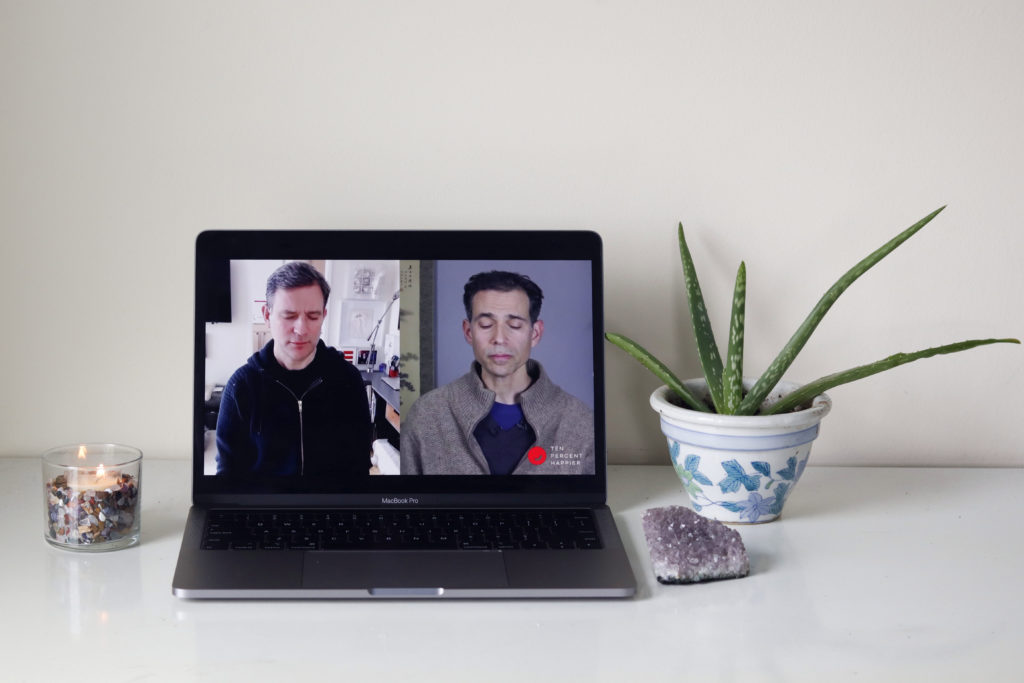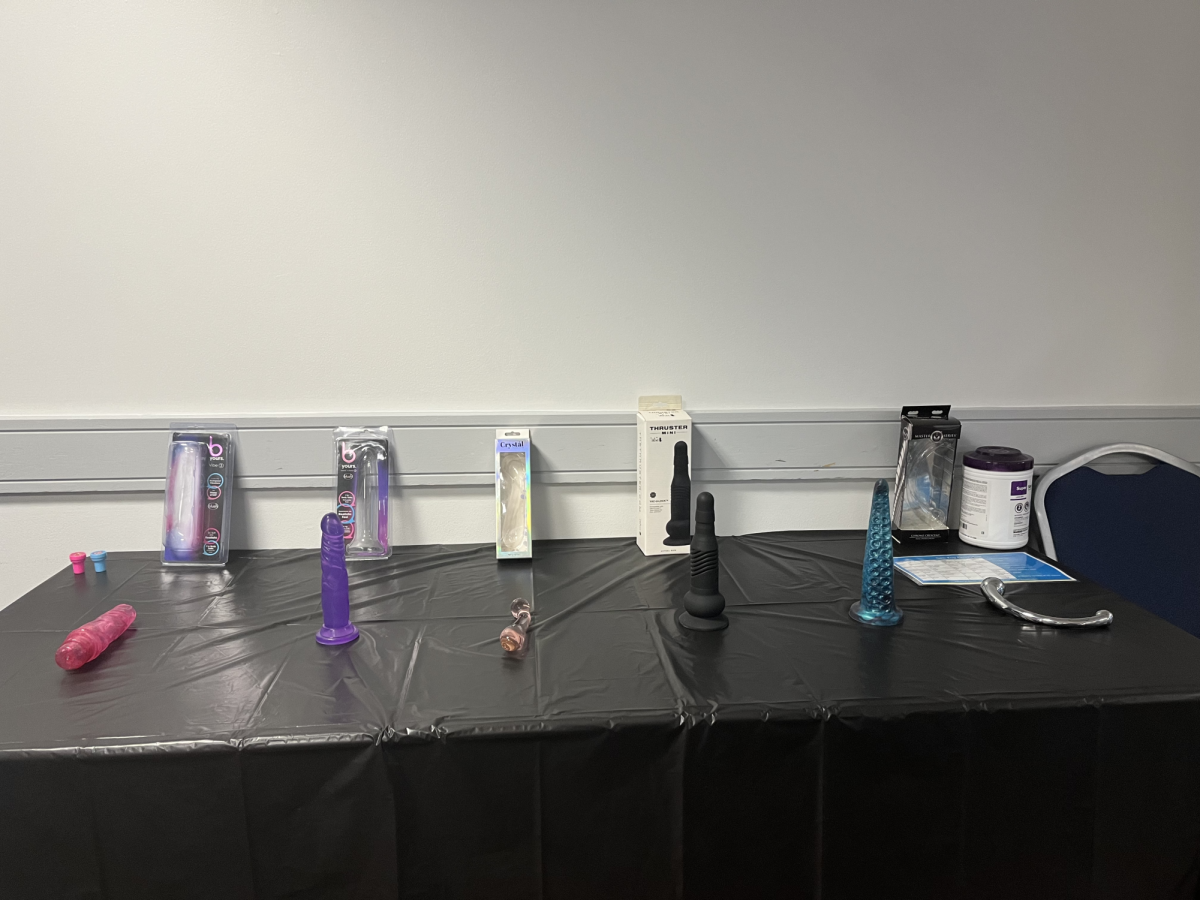With layoffs and canceled internships, it’s easy to feel helpless during the coronavirus pandemic.
You might crave social interactions with friends and family and pine for opportunities to support your family throughout the crisis, but that can take a toll on your mental health. While you navigate your life off campus, there are small things you can do, like setting a daily routine or journaling, that can go a long way to help you feel on track.
Here are some ways you can overcome stress during the pandemic:
Set a morning routine
In quarantine, the days start to blend and it can be hard to keep a strict schedule. But setting a routine can help you take more control over your life and make tasks like homework or chores more manageable throughout the rest of the day.
To maintain some sense of normalcy and give yourself some energy, start your day with a routine. You could do anything like some stretches, a yoga sequence, writing in a journal or caring for your plants – as long as you’re being consistent.
Before you scroll through your phone or watch the news each morning, practice a routine. You might want to feel connected with the rest of the world, but it helps reduce stress and anxiety by taking some time for yourself to reflect or practice self-care.
Practice mindfulness
Mindfulness, or practicing awareness and being present, can curb feelings of stress and improve focus. It’s not only achieved through meditation. Activities like yoga, journaling, tai chi, coloring or focused breathing can help you reach this state of awareness.
The meditation app Ten Percent Happier is offering free, live-guided meditations by professional meditation coaches every weekday at 3 p.m. EST on its website. The meditations last about 20 minutes and can be easily slipped in during a lunch break.
One of my favorite meditation techniques is called tapping. Like it sounds, you simply tap different pressure points on your body to center your focus and relax if you’re feeling panicked or stressed. Some of the points include the top of your head, the eyebrows, the side of your eye, the chin and your collar bone. Breathe deeply while gently tapping these points to find inner peace.
Boost endorphins
It’s cliché, but exercising a few times a week can help you stay upbeat while you’re confined to your home. You don’t need to be a bodybuilder, but making time in your schedule for a walk, jog, online fitness class or some self-guided yoga will get some happy juices flowing.
If you’re not into the outdoors, there are a few at-home indoor workouts. Corepower Yoga is offering a limited selection of online classes for free, and you can unlock their full library of classes for $19.99 a month. Rumble Boxing is broadcasting daily boxing workouts for free on Instagram Live at the username @doyourumble. Orangetheory Fitness also created a virtual version of their studio experience – without the treadmills and rowers – with their at-home workout videos.
Exercise is always more fun with companions, so try a group exercise class with friends by setting up a Zoom meeting or FaceTime call during the workout.
Self-love is key
When you feel like you’re getting lazy or not doing enough to be productive, remind yourself that you’re living in the middle of a global disaster and the circumstances, for everyone, are less than ideal. In other words, cut yourself some slack.
Some activities that promote self-love include getting adequate sleep, practicing healthy eating and social habits, setting boundaries for yourself, creating goals and intentions and forgiving yourself for mistakes. You could also take a bubble bath, wear a fancy face mask or push yourself to complete a task that has been weighing on your mind.
This crisis is not easy for anyone, and at a certain point we have to accept what we can and cannot do. You have some control over how much time you spend on yourself.







